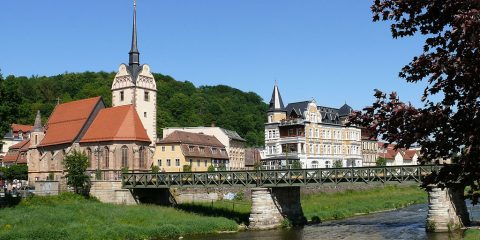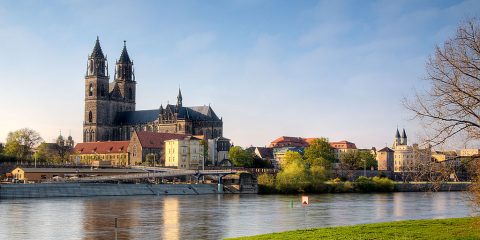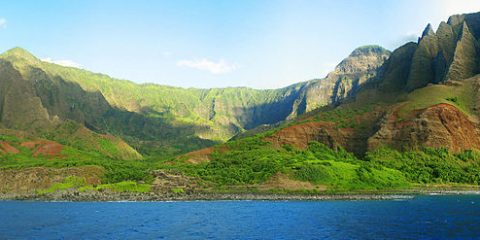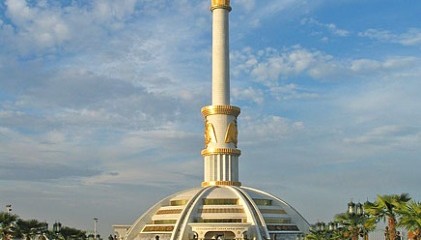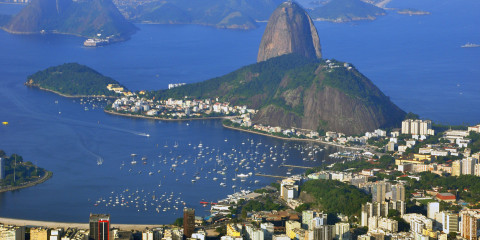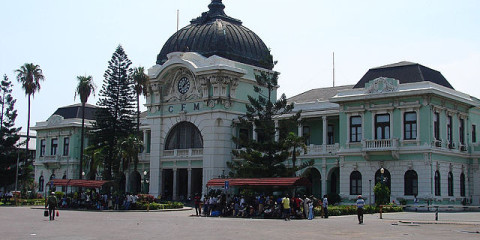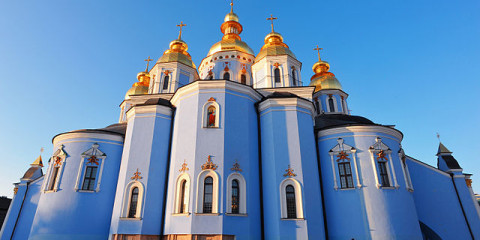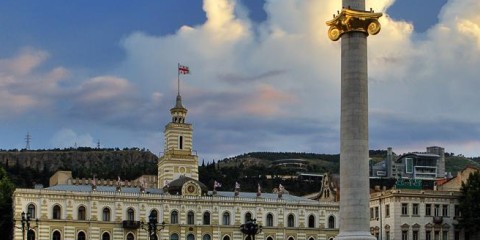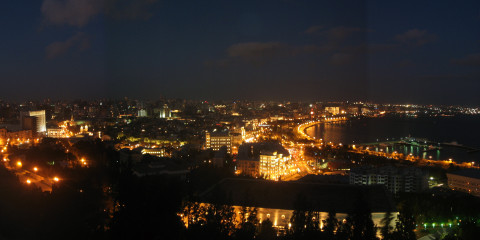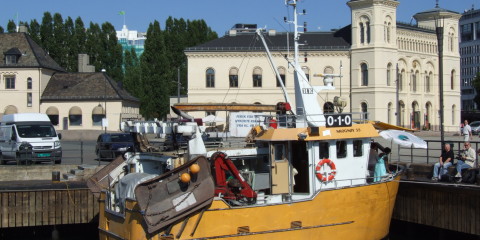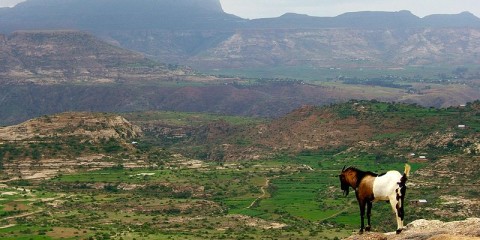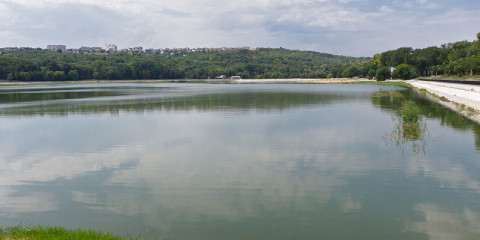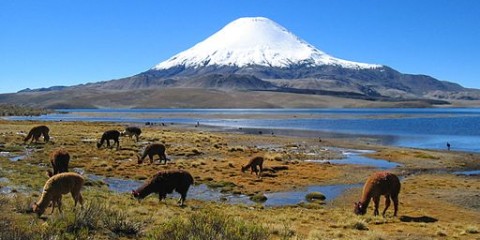Chapter III, Article 45:
“1. The Federal Government shall give priority to the protection, conservation, and preservation of the environment against anything that may cause harm to natural biodiversity and the ecosystem.
2. All people in the Federal Republic of Somalia have a duty to safeguard and enhance the environment and participate in the development, execution, management, conservation and protection of the natural resources and environment.
3. The Federal Government and the governments of the Federal Member States affected by environmental damage shall:
- a. Take urgent measures to clean up hazardous waste dumped on the land or in the waters of the Federal Republic of Somalia;
- b. Enact legislation and adopt urgent necessary measures to prevent the future dumping of waste in breach of international law and the sovereignty of the Federal Republic of Somalia;
- c. Take necessary measures to obtain compensation from those responsible for any dumping of waste, whether they are in the Federal Republic of Somalia or elsewhere;
- d. Take necessary measures to reverse desertification, deforestation and environmental degradation, and to conserve the environment and prevent activities that damage the natural resources and the environment of the nation.
4. In consultation with the Federal Member States, the Federal Government shall adopt general environmental policies for the Federal Republic of Somalia.”
Chapter V, Title I, Article 52(1e):
“The Federal Government and Federal Member State governments shall ensure that meetings between the Presidents of the Federal Member States and high ranking officials be held regularly to discuss issues that affect their territories, including:
e. The prevention of erosion and the protection of the environment;”
Chapter XV, Title I, Article 133(6b):
“In assigning a drafting project mentioned in Clause (5), the Oversight Committee shall prioritize the project as follows:…
b. Accord high priority to a project that aims at changing the behaviors that constitute a social problem concerning:
- i. National security, public safety, the protection of basic human rights, or the environment;”

